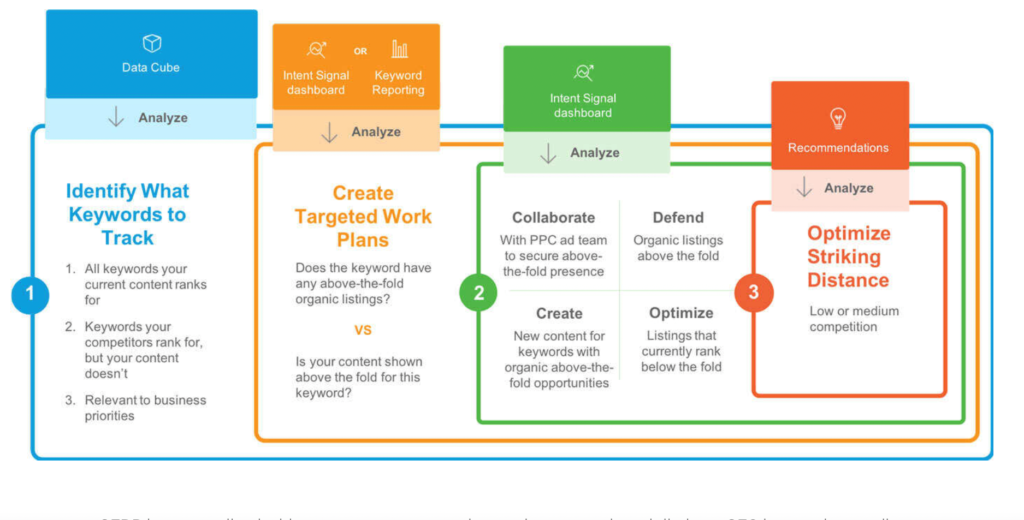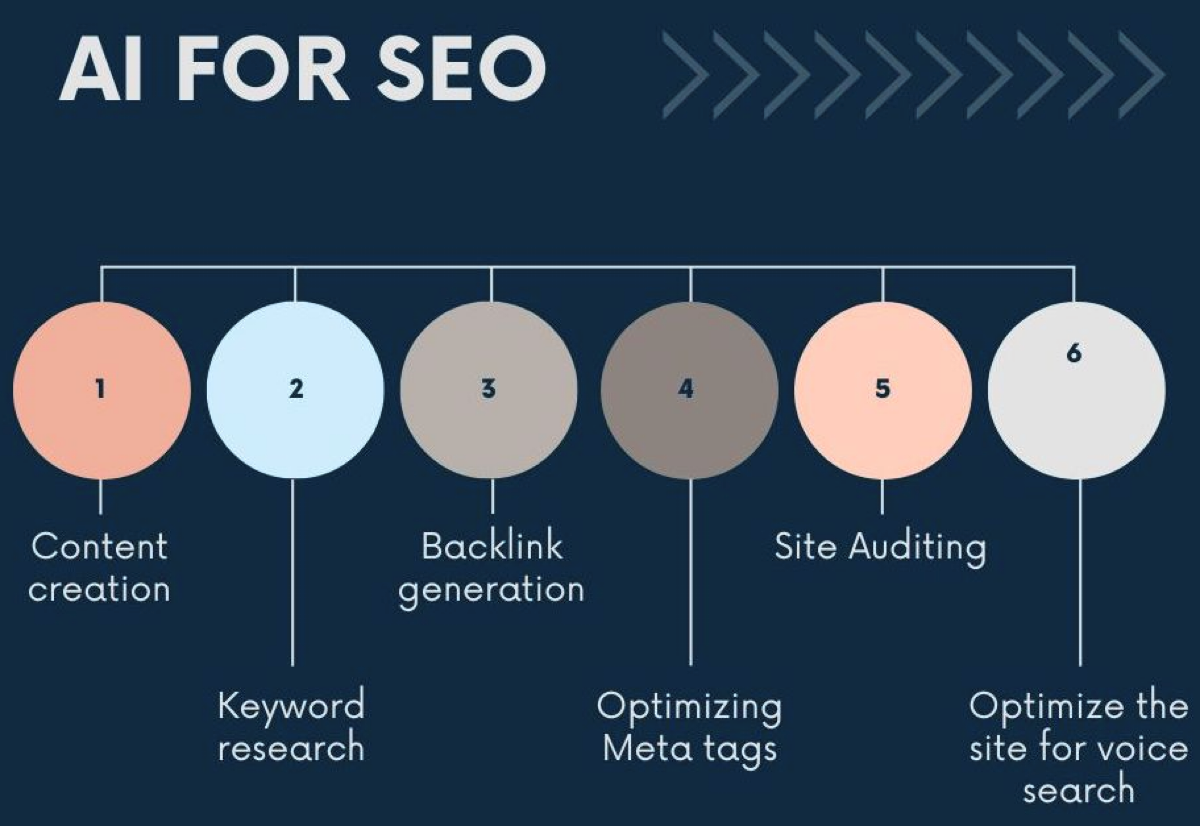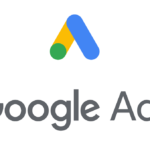
Search Engine Optimization (SEO) is an essential component of every successful online marketing strategy. It involves optimizing a website to rank higher in search engine results pages (SERPs) and drive organic traffic. Artificial Intelligence (AI) has had a profound influence on SEO practices. In this article, we will look at some of the ways AI is influencing SEO and the AI applications that are helping us streamline our SEO efforts.
SEO used to be about keyword stuffing and backlink-building
AI analyzes content and makes suggestions for optimization–reaching users and search engines. AI apps write metadescriptions, headlines and subheads that leverage keywords to help make content rank higher.
How one company used SurferSEO to dramatically boost their rankings
In a use case, ClickUp, a productivity application, published 150 articles and increased blog traffic by 85% using SurferSEO.
- SurferSEO is an AI knowledge management tool that gives your content a score—it provides insights on word count, headings, paragraphs, and images.
- It gives a numerical ranking within the recommended margins.
- SurferSEO digs down into deeper data. If your article is long, there’s a fluff alert.
- It may suggest more headings or subheads to make an article more skimmable.
- It lets you know if there are too many graphics or animated gifs, which can affect load time.
AI and data analysis
AI tools can process and analyze vast amounts of data quickly and efficiently, which provides insights into user behavior, website performance, identifying patterns, detecting anomalies and keyword trends. This data-driven approach allows us to make informed decisions and implement effective strategies to improve website ranking and visibility. With AI, SEO professionals can identify patterns, detect anomalies, and gain a deeper understanding of how users interact with their websites.
Using AI for keyword research and optimization

Keywords play an important role in SEO strategy. They determine how well a website ranks in search engine results. You can identify high-performing keywords, analyze their competition, and determine the best strategies for optimizing content around those keywords. AI-powered algorithms can also suggest related keywords and provide insights into user intent, helping website owners create content that resonates with their target audiences.
AI and SEO: 6 ways that AI is driving SEO success

Natural Language Processing (NLP): AI-powered algorithms can analyze and understand the context and meaning of web content more accurately. This helps search engines better interpret user queries, resulting in more relevant search results.
- Voice Search Optimization: With the rise of virtual assistants like Siri and Alexa, the voice search market is booming. According to Synup, 58% of consumers have used voice search to find local business information in the last 12 months. 40% of adults use voice search daily. Optimizing for longtail, natural language queries has been part of the keyword to SEO evolution.
- Content Generation: AI can assist in creating high-quality, optimized content. It can analyze search trends, keywords, and user preferences to generate content that aligns with search intent, improving SEO performance.
- Image and Video Recognition: AI algorithms analyze images and videos, understanding their content, context, and relevance. This helps search engines index and rank visual content accurately, enhancing SEO for image and video searches.
- Personalization: AI algorithms can learn from user behavior and preferences, enabling personalized search results. This helps improve user experience and engagement, ultimately boosting SEO rankings.
- RankBrain: Google’s AI system, RankBrain, uses machine learning to analyze search queries and prioritize search results. It helps search engines understand and rank web pages based on user satisfaction, engagement metrics, and other relevant factors.
- SEO Automation: AI-powered tools can automate SEO tasks, such as keyword research, link-building, and performance tracking. This saves time and enables marketers to focus on more strategic aspects of SEO.
These are just a few examples of AI tools that can significantly aid in optimizing your SEO efforts. While there is overlap, each tool has its own strengths, features and capabilities. If you’re looking for an AI tool, take time to review these carefully. These are details on four AI applications. All of these are predicated on the same model. Log in and start creating your content in the application. In this way, it will be able to track keywords and other important data. These apps will create a score for you.





